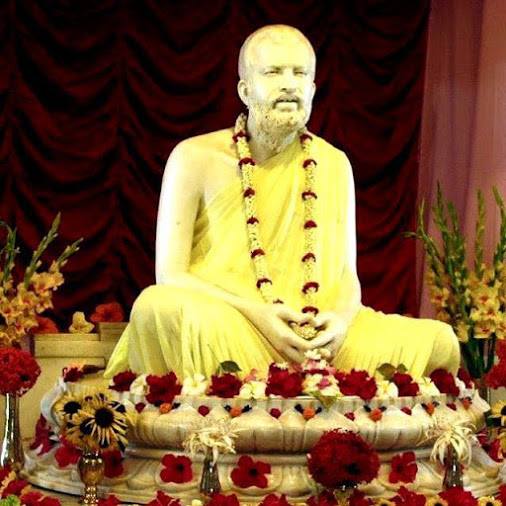Distinguishing Desire From the Pure Will - Sri Aurobindo
25/02/2017.
One central problem has vexed seekers from time immemorial; namely, how to shift the focus to the Divine and away from the outer life of desire, with its attendant joy, sorrow, struggle and disappointment. For most human beings, the issue boils down to one of three major lines of approach. There are those who believe that desire is the motive-force that drives human action and thus, it is essential and should be utilized as the force behind the enjoyment of life. There are again those who take the approach that in order to achieve spiritual realisation, desire must be denied and extirpated, to the extent possible, from the nature. These individuals resort to various forms of ascetism or practices that punish the body in order to “free the soul”. There are yet others who strive to achieve some kind of healthy balance between mind and body, the inner and the outer life, by keeping the fulfillment of desire within certain predefined limits and strictures, thus fulfilling desire as part of a life that is not strictly limited by the fulfillment of desires.
Sri Aurobindo views this issue differently by distinguishing between the force of desire, the lusts, cravings, hungers and thirsts of the external life, and what he calls the “pure Will” which is the energy of the manifestation of the Divine in the world. “But the real motive power of the life of the soul is Will; desire is only a deformation of will in the dominant bodily life and physical mind. The essential turn of the soul to possession and enjoyment of the world consists in a will to delight, and the enjoyment of the satisfaction of craving is only a vital and physical degradation of the will to delight.”
He also therefore proposes a different solution than the three noted above: “But none of these ways gives the perfection which we are seeking, the divine government of the will in life. To trade down altogether the Prana, the vital being, is to kill the force of life by which the large action of the embodied soul in the human being must be supported; to indulge the gross will to live is to remain satisfied with imperfection; to compromise between them is to stop half way and possess neither earth nor heaven. But if we can get at the pure will undeformed by desire,–which we shall find to be a much more free, tranquil, steady and effective force than the leaping, smoke-stifled, soon fatigued and baffled flame of desire,–and at the calm inner will of delight not afflicted or limited by any trouble of craving, we can then transform the Prana from a tyrant, enemy, assailant of the mind into an obedient instrument.”




Comments
Post a Comment